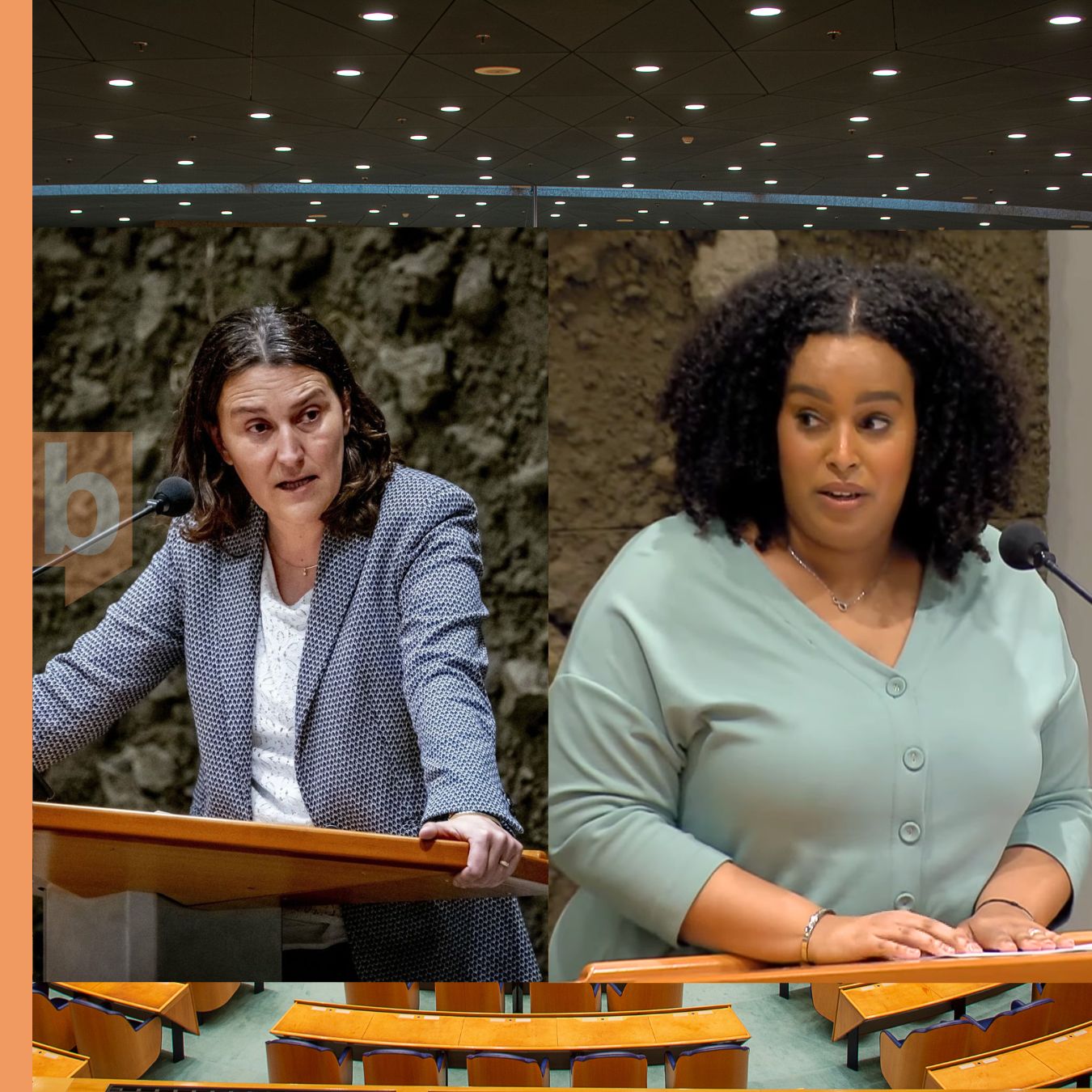MPs demand urgent clarity on possible Dutch role in controversial attacks in Caribbean Sea

THE HAGUE--The Dutch government has been given one week to explain whether the Netherlands has played any role, directly or indirectly, in controversial American maritime attacks in the Caribbean Sea. The demand was issued by GroenLinks–PvdA MPs Mikal Tseggai and Kati Piri, following rising tensions between the United States and Venezuela and growing unease within the Dutch Caribbean.
The issue came under sharp political scrutiny after a 13 November investigation by Dutch news program Nieuwsuur, which highlighted escalating concern on Curaçao, Aruba, and Bonaire about U.S. actions against boats the Americans label as “drug vessels.”
At the core of the questions is whether Dutch intelligence or operational data, including information gathered in the Caribbean part of the Kingdom, may have been used by the United States to carry out what international experts now describe as potentially unlawful attacks. Both the United Nations and France have expressed concern that recent U.S. “use of force” incidents in the Caribbean may violate international law. In response, the MPs want to know whether the Netherlands should, like Canada and the United Kingdom, temporarily suspend intelligence sharing with the U.S. until the legality of these operations is clarified.
Curaçao is central to the controversy. The island hosts the U.S. Forward Operating Location (FOL) at Hato, Dutch Caribbean Coast Guard units that coordinate closely with U.S. agencies, and regional intelligence networks involving the Kingdom, the U.S., and partner states. MPs warn that any Dutch intelligence contribution, no matter how indirect, could make the Netherlands complicit in controversial American operations.
They are asking the government for explicit assurances that Dutch intelligence is not being used to support these attacks, that coast guard cooperation is not enabling U.S. strikes, and that the use of Hato Airport by American forces is not facilitating military operations outside legal frameworks. Tseggai and Piri also insist the Dutch Cabinet explain how it is working with Curaçao, Aruba, and Bonaire to reduce panic and mistrust among the islands’ populations. They argue that residents of the Caribbean part of the Kingdom deserve clear information, without crossing constitutional boundaries or interfering with the islands’ autonomy. “Our islands must not be pulled into an international conflict without full transparency,” one of the MPs said.
For weeks, concerns have been mounting across the Caribbean following increased U.S. maritime operations, reports of aggressive interdictions, and heightened diplomatic tension between Washington and Caracas. Local governments have not publicly accused the U.S. of wrongdoing, but communities on the islands, especially in Curaçao, fear being caught in the middle of a Venezuelan–U.S. escalation.
The Dutch government must respond within one week, so clarity is expected soon. Depending on the Cabinet’s answers, the issue could escalate into a parliamentary debate, a temporary suspension of Dutch–U.S. intelligence cooperation, or a review of U.S. access to facilities in the Dutch Caribbean.
𝘗𝘩𝘰𝘵𝘰 𝘤𝘢𝘱𝘵𝘪𝘰𝘯: 𝘎𝘳𝘰𝘦𝘯𝘓𝘪𝘯𝘬𝘴–𝘗𝘷𝘥𝘈 𝘔𝘗𝘴 𝘔𝘪𝘬𝘢𝘭 𝘛𝘴𝘦𝘨𝘨𝘢𝘪 (𝘳𝘪𝘨𝘩𝘵) 𝘢𝘯𝘥 𝘒𝘢𝘵𝘪 𝘗𝘪𝘳𝘪.
Join Our Community Today
Subscribe to our mailing list to be the first to receive
breaking news, updates, and more.



